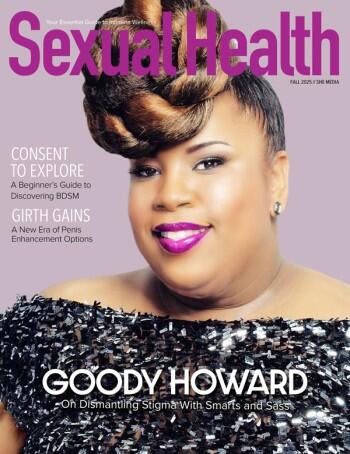WASHINGTON — The U.S. Supreme Court has declined to hear an appeal of a lower court’s decision allowing enforcement of a 2001 zoning law aimed at forcing adult retail stores out of most parts of New York City.
Justice Sonia Sotomayor denied the application for certiorari, ending the protracted three-decade legal saga surrounding New York City’s 1995 Zoning Ordinance.
As originally enacted, the law prohibited adult entertainment businesses in most areas, notably including a swath of midtown Manhattan as part of the effort to “clean up” Times Square and adjacent areas. It defined businesses as adult establishments if 40% or more of their area or stock involved sexual content.
A 2001 amendment eliminated that 40% rule, which the city claimed was too easy for businesses to circumvent, and instead took aim at any business that “primarily” markets adult entertainment, from strip clubs to bookstores and video stores.
That provision was held up in litigation for the past two decades as adult businesses challenged its constitutionality, claiming it violated their rights to free speech and equal protection.
In 2024, a district court judge ruled that New York would be within its rights to enforce the amendment, forcing even establishments that may have technically fulfilled the 60/40 requirement to relocate to the few areas in which such businesses would still be permitted or to move out of the city.
The plaintiffs appealed that ruling to the U.S. Court of Appeals for the 2nd Circuit, but in July of this year, a three-judge panel rejected that appeal.
The plaintiffs then petitioned for a rehearing before the full 2nd Circuit. In August, that petition was also denied.
In October, the 2nd Circuit declined to issue a temporary stay, instead issuing a judgment mandate giving New York City the green light to enforce the zoning law.
On Oct. 22, attorneys representing the adult businesses asked the Supreme Court to hear the case, but on Oct. 31, Justice Sotomayor denied the application.
With denial of certiorari by the Supreme Court, no further appeals are possible in the case, and New York City can proceed to enforce the law.
Complicating the situation is the fact that, even in the parts of the city where zoning regulations permit adult businesses, additional regulations mandate a minimum distance from adjacent residential areas, schools, other adult establishments and houses of worship. This confluence of rules could make it extremely difficult for adult stores to relocate.








